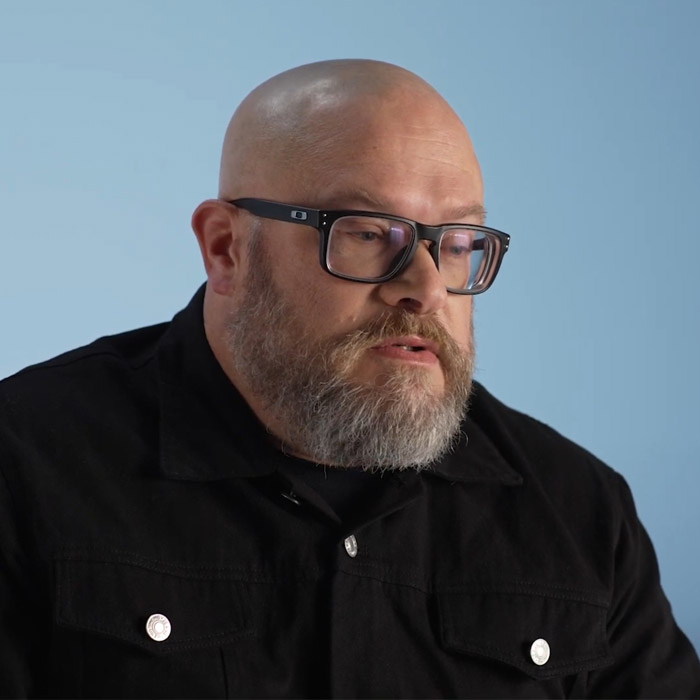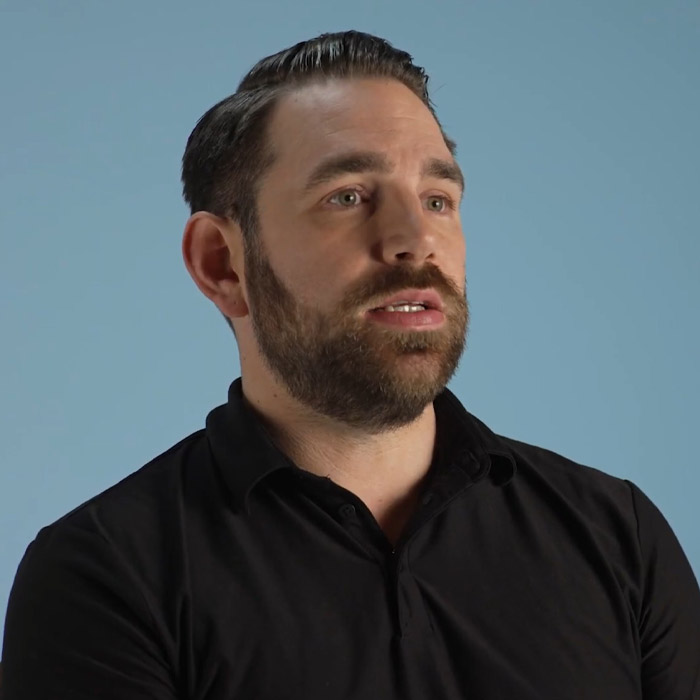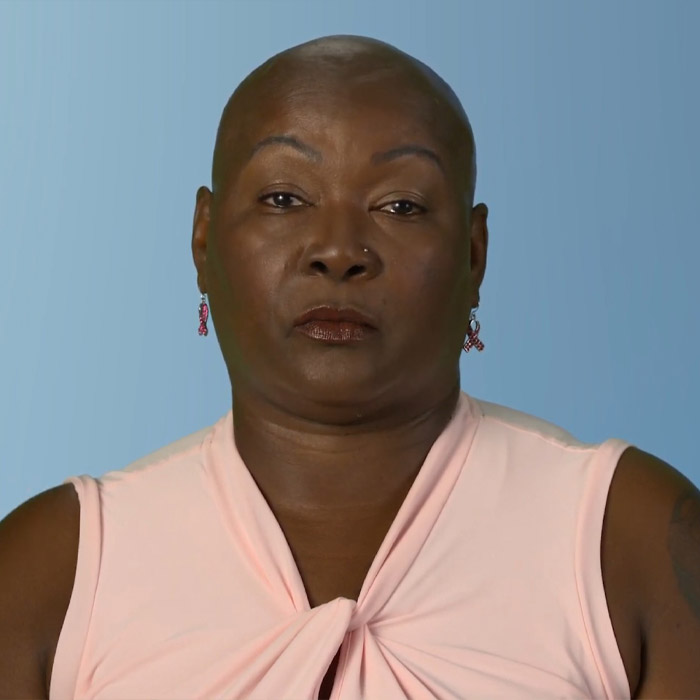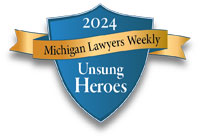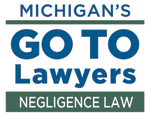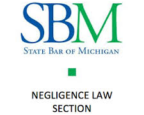
A traumatic brain injury (TBI) occurs when the brain suffers damage from a blow or jolt to the head. Although brain injuries are not always visible to an outside observer, they can have life-changing consequences for those who live with them.
Making a full recovery is not guaranteed, even in mild brain injury cases. The lifelong medical costs of a catastrophic brain injury can be significant, placing many victims in a precarious financial position while wrestling with permanent disabilities.
If your TBI resulted from another party’s negligent actions, Christensen Law will help you secure the compensation you need and deserve for your recovery. Our Southfield, MI, brain injury lawyers will fight to protect your rights and safeguard your future. Contact us for a free consultation.
How Christensen Law’s Brain Injury Attorneys Will Help You
Christensen Law seeks justice for Michiganders who have had their lives changed by severe and fatal injuries. Since 1991, our firm has stood up for those harmed through no fault of their own, so we know what it takes to secure awards for those affected by the negligent and wrongful actions of others.
Our experienced attorneys and compassionate staff will go above and beyond to ease your legal burden so you can focus on healing or caring for your hurt loved one. Our Southfield TBI injury lawyers will:
- Fully investigate your case to identify all liable parties.
- Collect case-supporting evidence.
- Handle all communications with the opposing parties, their lawyers, and insurers.
- Identify and fight for the full value of your losses.
- Draft and file insurance claims, lawsuits, and all other case-related paperwork.
- Track and adhere to case deadlines.
- Negotiate for the maximum possible TBI compensation.
- Keep you informed with regular and timely updates.
- Prepare your case for trial if necessary to secure a fair award for you and your family.
David Christensen, our lead attorney, has won 95% of his TBI cases. He knows the language of neuroimaging, neuropsychology, and micro-damage, so when he and his team work on your case, you will have attorneys who understand the medicine and science of your catastrophic brain injury case in addition to the personal injury laws that apply.
Can You Sue for a Southfield Brain Injury?
You can pursue compensation via a liability insurance claim or personal injury lawsuit if someone else’s actions — or failure to act — caused your brain injury. This act or omission is called negligence.
A successful brain injury case in Michigan can ensure you have the money you need to pay your medical bills and other damages. Our Southfield brain injury lawyers will identify the party (or parties) responsible for your TBI and work to build the strongest possible case for compensation, which may include the following:
- Emergency medical treatment
- Hospital visits
- Doctor’s appointments
- Medical procedures
- Physical rehabilitation and cognitive therapy
- Medical equipment and devices
- Long-term nursing services
- Life care expenses
- Lost wages, earnings, and benefits
- Lost earning capacity
- Physical pain and suffering
- Emotional and mental anguish
- Reduced quality of life
- Wrongful death of a loved one
What Is the Average TBI Case Settlement or Verdict?
It is impossible to guarantee a certain amount of compensation in a brain injury case because every claim is different. Your potential settlement or verdict will depend on many factors, including:
- Your age
- The extent of your brain injury
- Whether you will need ongoing care
- Whether you will be able to work again
- Any pre-existing conditions
- Your general health before the accident
- Whether you are partially at fault for the accident
You can still recover compensation for a TBI in Michigan, even if you are partly to blame. However, according to the state’s comparative fault law, outlined in Michigan Compiled Laws § 600.2959, your awards will hinge on the percentage of fault the court assigns you for the accident.
For example, if you win $100,000 but are 20 percent at fault, you will receive $80,000. However, if your fault exceeds 50 percent, you may be barred from seeking damages.
The law applies to claims as well as legal action. Therefore, insurance companies will likely try to place the responsibility on you to reduce your settlement. Our attorneys will protect you against allegations of wrongdoing that may lower your compensation. So, reach out before considering any settlement offers.
Christensen Law Has Recovered Millions for Brain Injury Clients
Christensen Law is an accomplished Southfield personal injury law firm with an established track record of success handling brain injury cases. In 2014, our lawyers secured Michigan’s largest-ever personal injury verdict for a woman who suffered a traumatic brain injury in a collision with a cement truck. Every case is different, but we make it our mission to get you all the compensation you need to recover.
Our team approaches every case as though it is going to trial, and we spare no resources to get the full and fair compensation our clients deserve. We are more interested in securing justice and advantageous case resolutions than quick settlements that do not satisfy victims’ losses. We will help you get started today with a free consultation.
Types of Brain Injuries
Thousands of Michiganders sustain a TBI every year. The Michigan Department of Health and Human Services (DHHS) reports over 9,500 TBI-related hospital visits statewide in 2020. Nationwide, these injuries result in more than $40 billion in annual costs.
Several types of brain injuries differ depending on the force and angle of impact, if the injury penetrates the skull, and other factors. Types of brain injuries include:
- Penetration injuries: A foreign object penetrates the skull. The brain, tissue, nerves, and blood vessels could be irreparably harmed.
- Contusions: A bruise forms on the brain after an injury. This can cause life-threatening bleeding and swelling.
- Concussion: The brain strikes the side of the skull after a sudden change in the direction of movement or momentum. Concussions are a form of TBI and are not always as severe as other TBIs. However, concussions can still have long-lasting effects and should be taken seriously.
- Shear injuries: The brain gets shaken or experiences a severe, sharp rotation. This can tear crucial nerve fibers, causing some of the worst TBIs.
- Coup and contrecoup injuries: The brain gets jolted and strikes one side of the skull and then another. Damage can occur on both sides of the brain.
Common Causes of Brain Injuries in Michigan
No two brain injuries are alike. The ultimate impact of the injury will depend on its cause, location, severity, and individual differences.
Some of the most common causes of brain injuries include:
- Car accidents: Around 30 percent of Michigan TBIs occur in car accidents, according to DHHS. Broken glass or flying debris could strike or pierce the skull. Occupants can also hit their heads on the steering wheel, the window, the dashboard, or other surfaces in the vehicle, causing a brain injury.
- Truck accidents: A collision with an 18-wheeler or another large truck can be extremely violent. The resulting impact could result in catastrophic TBIs, including puncture, shearing, or coup-contrecoup injuries.
- Motorcycle accidents: If a motorcyclist gets hit by a car or thrown from their bike, they are at risk of hitting their head on the vehicle or the ground when they land. This can cause a traumatic brain injury, even if the motorcyclist wears a helmet.
- Pedestrian accidents: Unlike other motorists and even bicyclists, pedestrians have no head protection when struck by a vehicle or other object.
- Slip and fall accidents: The Centers for Disease Control and Prevention (CDC) reports that falls are the leading cause of TBI in the United States. Slip and fall accidents are often the result of poorly maintained property, spilled liquids, objects or cords on the floor, and other obstructions. Older adults are particularly susceptible to falls and traumatic brain injuries.
If you sustained a brain injury in an accident or due to another party’s negligence, speak to our Southfield injury attorneys immediately to find out if you have a case for compensation.
Defining Negligence for TBI in Southfield, MI
Winning a traumatic brain injury case requires proving someone was negligent when they caused your injury. The core components of a negligence claim are:
- Duty of care: We will establish that the defendant (the person you are suing) owed you a duty of care. That is, they had some legal responsibility to look out for you or prevent causing you harm. For example, drivers owe a duty of care to follow traffic laws and avoid causing accidents that could hurt others.
- Breach: Here, we must show how the defendant did not live up to their legal responsibilities. For example, drunk drivers breach their duty of care because driving under the influence is against the law.
- Causation: The defendant may have broken the law or breached their duty, but our lawyers also must show how their actions led to your injury. Medical records, photographic and video evidence, witness testimony, and other proof can help substantiate your claim.
- Damages: We must prove your losses resulted from your injury and are compensable through a monetary award.
Collecting compelling evidence to support a TBI claim is hard work — something that is hard for someone without legal training to do and certainly exhausting for someone recovering from a TBI. Our Michigan brain injury lawyers will take the pressure off by doing all the legal legwork so you can focus on recovering from your TBI.
How Long Does a Brain Injury Case Take to Settle?
Traumatic brain injury claims are complex. Since the brain is a complicated organ, the outcome for a victim may be unknown for a long time after the accident.
Therefore, settling until a doctor determines that you have reached maximum medical improvement (MMI) is not prudent. This means you have recovered as much as reasonably expected, and no future improvements are likely. It is essential to wait for this plateau because only then will you be able to get an accurate estimate of your financial losses.
However, the insurance company for the at-fault party will likely try to settle well before you reach MMI. This tactic can result in significant under-compensation for accident victims. Even experienced neurologists and top surgeons cannot know the ramifications of a brain injury right after it happens.
Michigan’s Statute of Limitations
Michigan law will also affect the timeline of your case. You have three years from the date of your accident or loved one’s passing to file a personal injury or wrongful death lawsuit under Michigan’s statute of limitations (Michigan Compiled Laws § 600.5805).
If your injury involves a no-fault insurance claim, you have one year to sue for personal injury protection (PIP) benefits under Michigan Compiled Laws § 500.3145. Consult with our knowledgeable brain injury lawyers immediately to determine if other deadlines apply in your case.
Building a claim and negotiating a fair settlement with the responsible party and their insurer can take time. If the case goes to trial, that will also add time. The sooner you hire our brain injury attorneys, the faster we can get started on your case.
Contact Christensen Law About Your Southfield TBI Now
Did you or your loved one suffer a brain injury? Our legal team will draw upon all our experience to build your compensation case if someone else’s recklessness caused your TBI. A Southfield brain injury lawyer at Christensen Law can outline your legal options in a free consultation.





